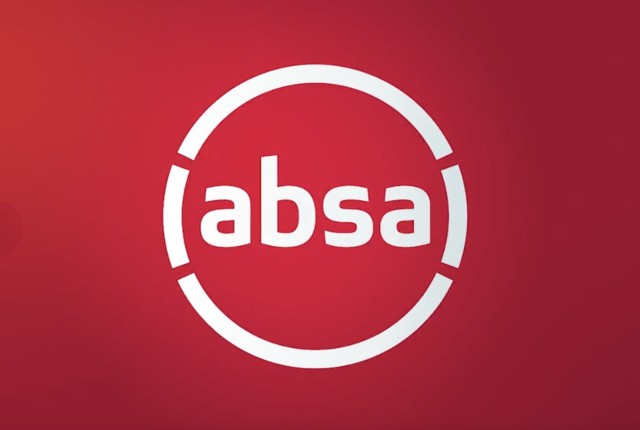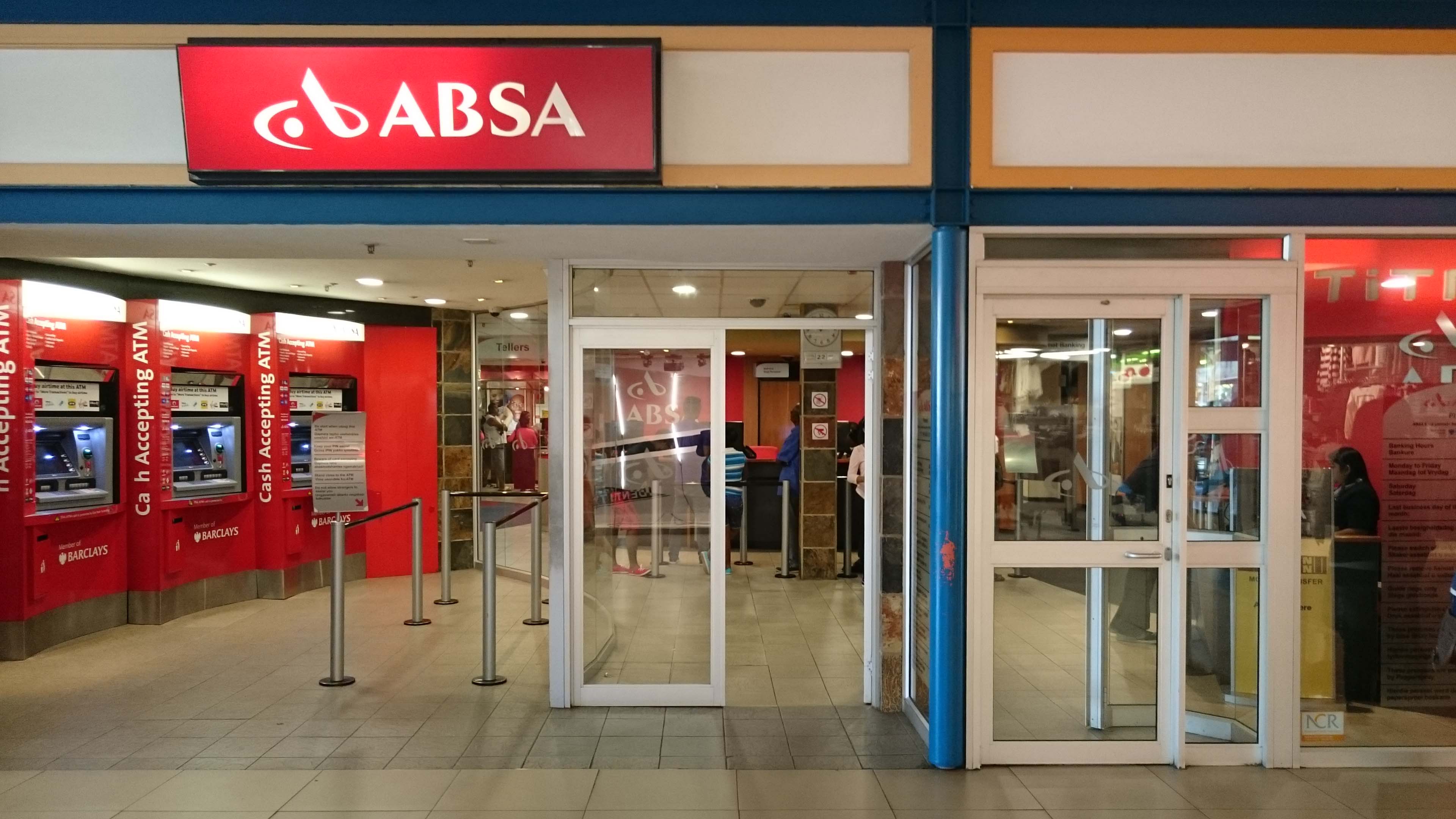Absa Group on Monday declared that a 4% drop in interim diluted headline earnings per share for period ended June 2018, to 877.8 cents, which includes R1.4 billion in separation costs.
The bank launched a new growth strategy on the 1st of March 2018, following its separation from Barclays. The rebranded company started trading under its new name and new share code (ABG) on the Johannesburg Stock Exchange last month.
The group also overhauled its look, changing its logo and colour scheme, “to one that has been inspired by Africa, marking the shift from a European-owned financial group to a proudly African firm”.
The bank on Monday (6 August), reported that retail and business banking (RBB) South Africa headline earnings grew 4% to R4.2 billion, however, corporate and investment bank (CIB) South Africa declined 6% to R1.7 billion, the rest of Africa banking rose 8% to R1.6 billion, and wealth, investment management and insurance (WIMI) increased 5% to R646 million.
Salient features:
Return on equity (RoE) declined to 13.9%;
Revenue grew 3% to R37.6 billion;
Operating expenses rose 8% to R22.2 billion;
Pre-provision decreased 3% to R15.4 billion;
Credit impairments fell 9% to R3.4 billion, resulting in a 0.83% credit loss ratio from 0.96%;
Net asset value (NAV) per share rose 1% to 12 829 cents.

An interim dividend of 490 cents was declared representing a 3% year-on-year increase, it said.
On a normalised basis, Absa reported a 3% rise (5% on a constant currency basis) in diluted HEPS, to 949.5 cents.
It said that RoE increased slightly to 16.9%, while revenue grew 3% to R37 billion (4% on a constant currency basis). Operating expenses rose 4% to R20.8 billion, while NAV per share rose 4% to 11 683 cents.
The bank reported that “given the process of separating from Barclays PLC, the group continues to report both IFRS compliant financial results and a normalised view”. The latter adjusts for the consequences of the separation and better reflects its underlying performance, it said.
On a normal basis, the stronger rand reduced group revenue by 1% and headline earnings by 2%. In constant currency, pre-provision profit grew 3% and headline earnings 5%.
Retail Banking South Africa headline earnings grew 5% to R3 billion, while business banking South Africa increased 1% to R1.2 billion.
CIB South Africa’s earnings declined 6%, given a 1% lower pre-provision profit and 79% higher credit impairments, Absa said.
Corporate South Africa fell 3% to R556 million and investment banking South Africa decreased 7% to R1.13 billion. Rest of Africa banking headline earnings grew 8% to R1.636 billion, or 20% in constant currency. RBB Rest of Africa increased 38%, or 54% in constant currency, while CIB Rest of Africa grew 3% and 15% in constant currency.
South African earnings grew 2% to R6.4 billion, while rest of Africa rose 9% or 21% in constant currency to account for 20% of group earnings.
For retail banking in South Africa, headline earnings grew 5% to R3 billion, primarily due to lower credit impairments, as pre-provision profits were flat, Absa said.

Transactional and deposits earnings fell 9% to R1.048 billion – largely due to significantly higher credit impairments.
Home loans earnings grew 16% to R901 million – given 61% lower credit impairments which offset increased interest in suspense after implementing IFRS 9.
Card and payments earnings grew 19% to R717 million – as a result of lower credit impairments and 14% growth in acquiring turnover.
Vehicle and asset finance earnings fell 6% to R406 million – as 25% higher credit impairments outweighed 9% higher net interest income.
Personal loans earnings increased 10% to R201 million – largely due to 7% net interest income growth.
Retail banking South Africa accounted for 37% of normalised headline earnings excluding the Group centre.
Absa said that South Africa’s growth prospects remain challenging given subdued business confidence and headwinds to household spending.
“We forecast real GDP growth of 1.2% this year and 2.0% next year. Fiscal policy remains a challenge as recent tax increases might not be enough to deliver the much needed consolidation. We expect the Reserve Bank to leave interest rates unchanged for some time.
“We forecast real GDP growth of 6% in our Rest of Africa portfolio, although monetary policy easing may have bottomed. At current levels, the rand would dampen our earnings less in the second half than it did in the first half,” Absa said.
“Based on these assumptions, and excluding any unforeseen major political, macroeconomic or regulatory developments, our guidance for 2018 is largely unchanged. We expect our loan and deposit growth to improve in 2018, with stronger loan growth in Rest of Africa, CIB and Retail South Africa.
“In Conclusion, our normalised RoE should improve slightly in 2018,” the bank said.




























